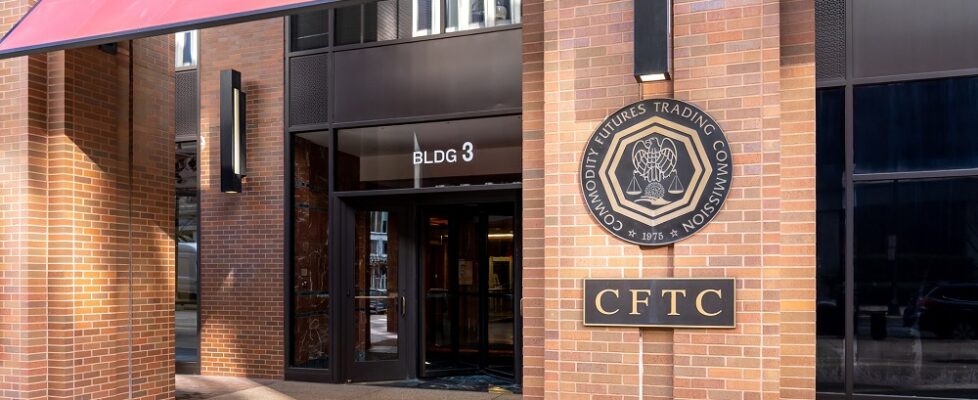CFTC opposes EminiFX investors’ motion to intervene in its action
The Commodity Futures Trading Commission (CFTC) opposes the EminiFX investors’ motion to intervene in its action against the Ponzi scheme and Eddy Alexandre.
In a document filed with the New York Southern District Court on January 31, 2024, the regulator argues that the investors’ interests are adequately represented by the CFTC and Receiver and the EminiFX investors’ motion is untimely and could delay the resolution of this proceeding.
On May 11, 2022, the CFTC filed a lawsuit in this matter against Eddy Alexandre and his company, EminiFX, alleging in essence that Alexandre had run EminiFX as a Ponzi scheme. As part of the request for relief, the CFTC sought restitution to EminiFX participants. On that same date, the Court entered a statutory restraining order that, among other things, froze Defendants’ assets and appointed a Receiver to protect and maintain those assets.
The matter was stayed pending Alexandre’s criminal case, which resulted in a guilty plea and a sentence of 108 months’ incarceration and large restitution and forfeiture requirements. Subsequently, the CFTC and the Defendants have agreed in principle to resolve this matter in full, and the CFTC will submit a proposed consent order when it receives Commission approval.
The EminiFX investors seek to intervene both as a matter of right under Rule 24(a) and permissively under Rule 24(b). To intervene as a matter of right, the EminiFX investors must show that “(1) the application is timely; (2) the applicant has a significant protectable interest relating to the property or transaction that is the subject of the action; (3) the disposition of the action may practically impair the applicant’s ability to protect its interest; and (4) the existing parties may not adequately represent the applicant’s interest.” Allowing intervention may place “undue costs and burdens on the government, including increasing the complexity of cases and slowing litigation.”
The CFTC argues that the motion should be denied because the existing parties—the CFTC and the court-appointed Receiver—adequately represent the applicants’ interests. The CFTC is seeking an award of full restitution to EminiFX participants, and the Receiver is tasked with safeguarding the assets that have been frozen and distributing them fairly among participants.
Courts have found that the CFTC adequately represents proposed intervenors’ interests where the CFTC: “(1) brought the action to recover the [proposed intervenors] and other investors’ funds; (2) obtained a restraining order freezing some of Defendants’ assets; (3) obtained a judgment against Defendants, requiring them to pay over $4.5 million in restitution; and (4) is distributing to the [proposed intervenors] and other investors the money recovered from Defendants.”
Here, the CFTC has already taken the first two actions, it hopes to obtain a judgment against Defendants in the coming weeks, and the Receiver is preparing to distribute the assets that have been collected. The interests of the EminiFX investors are already adequately represented.
Further, the EminiFX investors’ motion comes much too late.
Movants had notice of their interest from the inception of the case, more than 18 months ago. The existing parties would be prejudiced by intervention because they have already reported an agreement in principle and plan to file a proposed consent order by February 16, 2024.
Movants will not be prejudiced by denial because the CFTC is representing their interests. And no unusual circumstances have arisen that would excuse the EminiFX investors’ delay. The motion is untimely, and intervention would serve no purpose since a resolution has already been agreed upon pending approval by the Commissioners of the CFTC and the Court.
For these reasons, the CFTC asks the Court to deny the motion to intervene.




